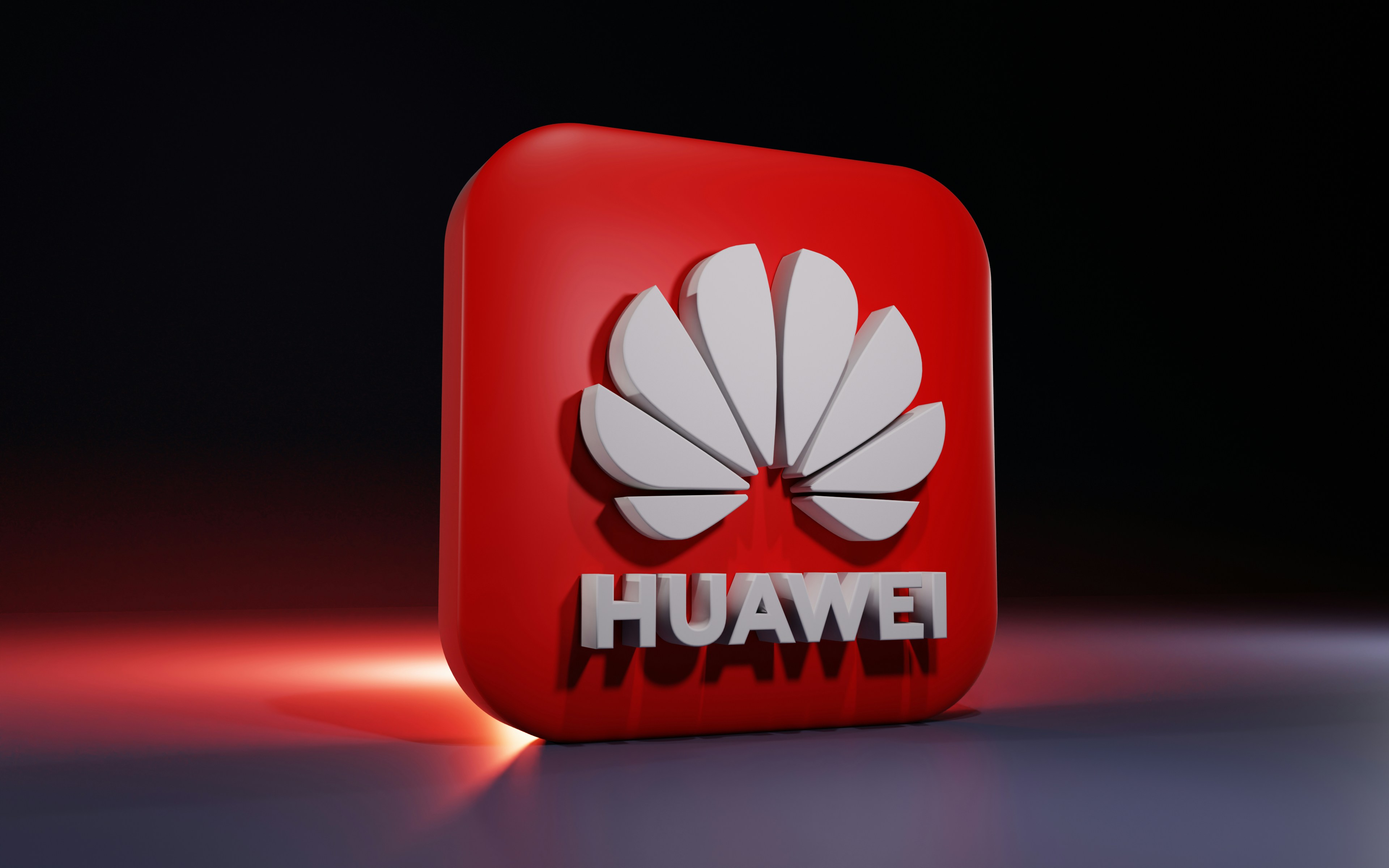Huawei's Bold Drive: A Look Inside Its Emerging Electric Vehicle Business

Chinese tech giant Huawei has set its sights on becoming a major player in the electric vehicle (EV) industry, backed by a staggering $16 billion investment. This bold move represents a strategic pivot for the company, which has faced significant challenges from U.S. sanctions targeting its telecom and smartphone divisions. By entering the EV sector, Huawei aims to leverage its technological expertise to disrupt traditional automakers and redefine the global mobility landscape.
Background on Huawei’s Business Shift
Historically, Huawei has been synonymous with telecommunications equipment and consumer electronics, dominating global markets with its innovative smartphones and 5G technologies. However, U.S. sanctions imposed in recent years severely curtailed its access to critical semiconductors and other advanced technologies, prompting a strategic shift. Diversifying into the EV sector allows Huawei to capitalize on its strengths in hardware and software integration while reducing its dependence on vulnerable supply chains.
Huawei’s EV Unit and Investment
Huawei has committed $16 billion to its EV unit, channeling funds into research and development (R&D), manufacturing partnerships, and the creation of cutting-edge automotive technologies. Unlike Tesla or BYD, Huawei does not plan to manufacture complete vehicles. Instead, the company aims to position itself as a leading supplier of smart car solutions, targeting automakers seeking to integrate advanced technologies into their vehicles.
Key Technologies and Offerings
Smart Car Solutions
Huawei’s focus on smart car systems includes advanced driver-assistance systems (ADAS) and in-car connectivity. These solutions aim to enhance user experience and safety, making vehicles smarter and more efficient.
Battery and Powertrain Innovations
The company is collaborating with battery manufacturers to develop energy-efficient powertrains. Huawei’s expertise in energy management and efficiency is expected to translate into competitive advantages in EV performance.
Autonomous Driving
Huawei is heavily investing in AI and autonomous driving technologies, leveraging its leadership in computing and data processing. Its autonomous driving solutions aim to provide automakers with scalable and customizable platforms.
Market Position and Competitive Advantages
Huawei’s entry into the EV market is underpinned by its ability to integrate hardware and software seamlessly. This expertise allows it to offer solutions that rival the capabilities of established automakers and EV startups. Additionally, Huawei is forming partnerships with automakers to co-develop vehicles, positioning itself as a technology partner rather than a direct competitor. By focusing on smart technologies, Huawei differentiates itself from traditional automakers reliant on mechanical innovation.
Challenges and Risks
Impact of U.S. Sanctions
While Huawei has adapted to sanctions in its core businesses, they continue to pose challenges in accessing advanced semiconductors crucial for automotive technologies. Geopolitical tensions also threaten its global market expansion.
Competition in the EV Sector
The EV market is crowded with established players like Tesla and BYD, alongside numerous startups. Huawei faces stiff competition in delivering innovative and cost-effective solutions to automakers.
Market Uncertainties
Regulatory hurdles and consumer adoption rates remain significant uncertainties. Success in key markets will depend on Huawei’s ability to navigate these challenges while maintaining a competitive edge.
Future Outlook and Potential Impact
Huawei’s roadmap includes scaling its EV business and becoming a leading supplier of smart automotive technologies. Its focus on innovation and partnerships positions it to influence the global EV market significantly. Moreover, Huawei’s success could strengthen China’s role as a global leader in both the tech and automotive industries, reshaping the future of mobility.
Conclusion
Huawei’s foray into the electric vehicle sector represents a bold and calculated move to diversify its business amidst geopolitical and market challenges. By leveraging its technological expertise and focusing on smart car solutions, Huawei is poised to become a key player in the evolving EV industry. While significant obstacles remain, the company’s ambitions could redefine the landscape of electric mobility and set new benchmarks for innovation in the years to come.
Author: Gerardine Lucero
From Chip War To Cloud War: The Next Frontier In Global Tech Competition
The global chip war, characterized by intense competition among nations and corporations for supremacy in semiconductor ... Read more
The High Stakes Of Tech Regulation: Security Risks And Market Dynamics
The influence of tech giants in the global economy continues to grow, raising crucial questions about how to balance sec... Read more
The Tyranny Of Instagram Interiors: Why It's Time To Break Free From Algorithm-Driven Aesthetics
Instagram has become a dominant force in shaping interior design trends, offering a seemingly endless stream of inspirat... Read more
The Data Crunch In AI: Strategies For Sustainability
Exploring solutions to the imminent exhaustion of internet data for AI training.As the artificial intelligence (AI) indu... Read more
Google Abandons Four-Year Effort To Remove Cookies From Chrome Browser
After four years of dedicated effort, Google has decided to abandon its plan to remove third-party cookies from its Chro... Read more
LinkedIn Embraces AI And Gamification To Drive User Engagement And Revenue
In an effort to tackle slowing revenue growth and enhance user engagement, LinkedIn is turning to artificial intelligenc... Read more

